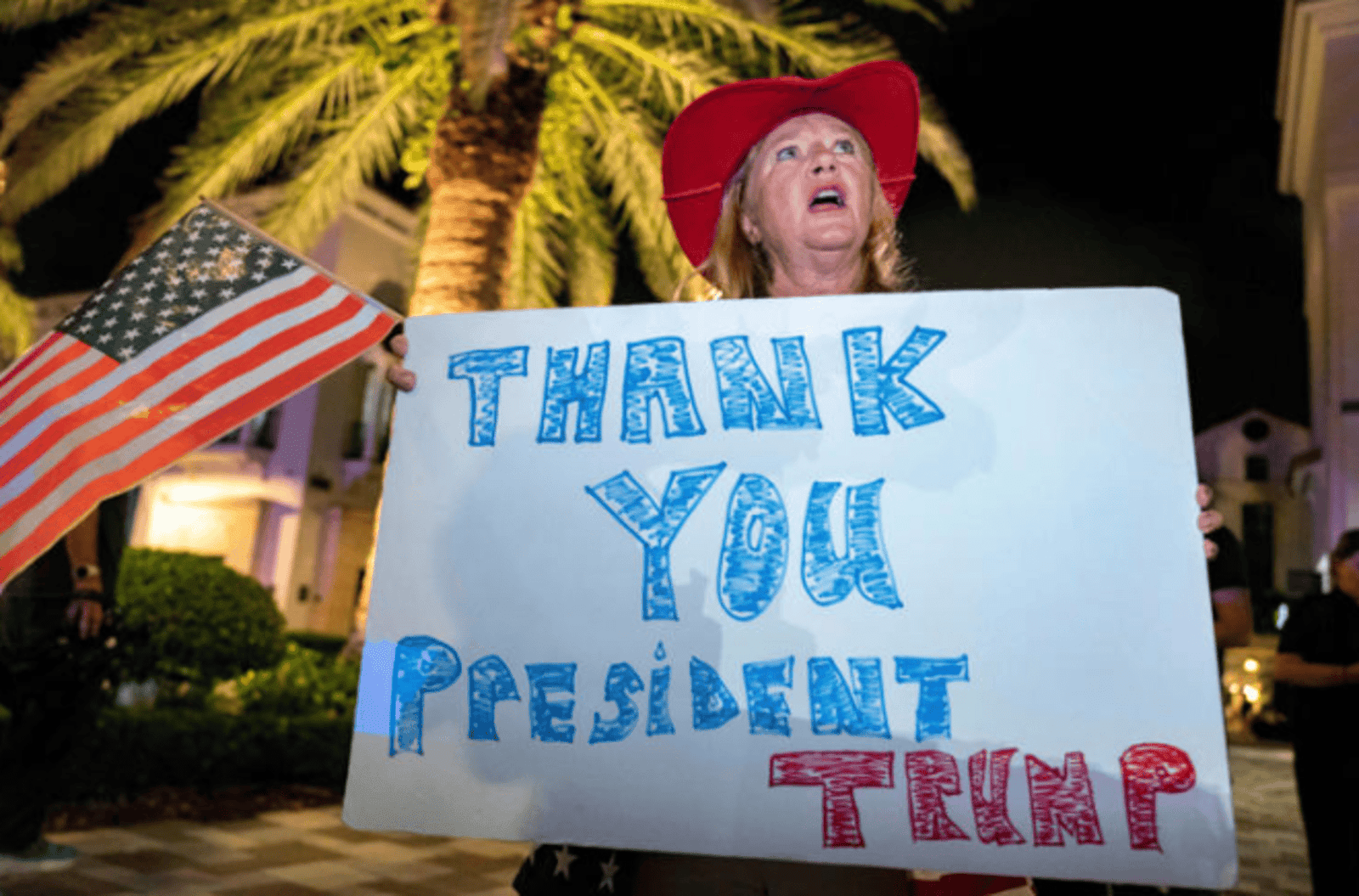
Floyd’s Death: Slow Progress on Police Reform. Four Years Later: Slow Progress on Police Reform After George Floyd’s Death
The world watched in horror in May 2020 as George Floyd, a Black man, died under the knee of a Minneapolis police officer. Floyd’s death sparked a wave of protests against police brutality and racial injustice, with calls for sweeping police reform. Floyd’s Death: Slow Progress on Police Reform
A Glimmers of Hope, Stalled Progress
Stevante Clark, whose brother Stephon was killed by police in Sacramento, California, in 2018, initially felt a surge of hope. But four years later, the pace of reform has been frustratingly slow.

Changes at the State Level
Some progress has been made. A research center found that 25 states enacted rules directly related to the circumstances of Floyd’s death. These changes include restrictions on the use of force, such as chokehold bans, and requirements for officers to intervene when witnessing misconduct by colleagues. Additionally, some states now mandate local law enforcement agencies to report data on officer misconduct.
Federal Legislation Stalled
Federal efforts at reform have stalled. The George Floyd Justice in Policing Act, which would have banned chokeholds, established a national use-of-force standard, and overhauled qualified immunity for police officers, failed to pass the Senate in 2021.
Resistance from Police Unions
Police unions have been vocal opponents of many reform proposals. They argue that these measures would make it harder for officers to do their jobs safely and effectively.
Community Concerns Remain
Despite some changes, many communities of color continue to express concerns about police interactions. They point to ongoing incidents of brutality and a lack of accountability for officers who violate the law.
The Need for Continued Action
Advocates for reform say much more work needs to be done. They emphasize the importance of:
Increased Training: Officers need comprehensive training in de-escalation tactics, implicit bias, and racial profiling.
Community Policing: Building trust between police and the communities they serve is crucial. This can be achieved through programs that encourage officers to see themselves as part of the community, not separate from it.
Independent Investigations: There must be independent investigations into police shootings and other cases of alleged misconduct.
Data Collection: Consistent data collection on police interactions with civilians is essential to identify areas where improvement is needed.
A Long Road Ahead
The path to meaningful police reform is long and challenging. But the memory of George Floyd and countless others who have died at the hands of police serves as a constant reminder of the urgent need for change.
A Long Road Ahead: Obstacles and Opportunities
The road to true police reform is a marathon, not a sprint. While initial momentum was strong, significant hurdles remain.
Legislative Roadblocks: Federal inaction creates a patchwork of state laws. The failure of the George Floyd Justice in Policing Act left many reforms dependent on individual states. This creates uneven progress, leaving some communities with stronger protections than others.
Union Pushback: Police unions continue to be a powerful force against reform. They argue that restrictions on the use of force and increased accountability measures will endanger officers. Finding a balance between officer safety and public safety is a crucial challenge.
Shifting Public Focus: Public attention can wane over time. Keeping police reform at the forefront of public discourse is essential. Community groups and activists play a vital role in raising awareness and pushing for change.
Despite the challenges, there are opportunities for progress.
Community Engagement: Stronger relationships between police and the communities they serve can foster understanding and cooperation. Programs that encourage community involvement in policing strategies can be a powerful tool.
Technological Advancements: Body cameras and other technologies can provide valuable evidence in cases of misconduct. However, proper policies and training are needed to ensure these technologies are used effectively and ethically.
Investing in Alternatives: Directing resources towards alternatives to policing, such as mental health crisis response teams, can decrease unnecessary police interactions and improve public safety outcomes.
Funding and Training: Increased funding for police training, particularly in areas like de-escalation tactics and implicit bias, can better equip officers to handle a wide range of situations.
The path to meaningful police reform is long and winding. Overcoming significant obstacles will require sustained effort, collaboration, and a commitment to justice. The continued fight for reform honors the memory of George Floyd and countless others and strives to create a future where everyone feels safe and protected by those sworn to serve.
The Power of Community Action
The nationwide protests that erupted in 2020 demonstrated the power of community action. Sustained pressure from the public will be essential to ensure that police reform continues to move forward.
Accountability is Key
Holding police officers accountable for misconduct is vital to rebuilding trust with the communities they serve. This can be achieved through disciplinary measures, including termination in cases of egregious violations.
Transparency is Essential
Transparency is critical. Police departments must be open about their policies and procedures, and they must release data on officer misconduct in a timely manner.
Investing in Alternatives
Investing in alternatives to policing, such as mental health crisis response teams, can help to reduce unnecessary police interactions, particularly for those experiencing mental health challenges.
A Call for Unity
Moving forward requires a collective effort. Law enforcement, community leaders, and policymakers must work together to create a system of policing that is fair, just, and accountable to all.
The fight for police reform is far from over. The memory of George Floyd and others who have lost their lives to police violence serves as a powerful motivator to continue pushing for change. Through sustained action, community engagement, and a commitment to justice, a future with safer, more equitable policing can be achieved.









